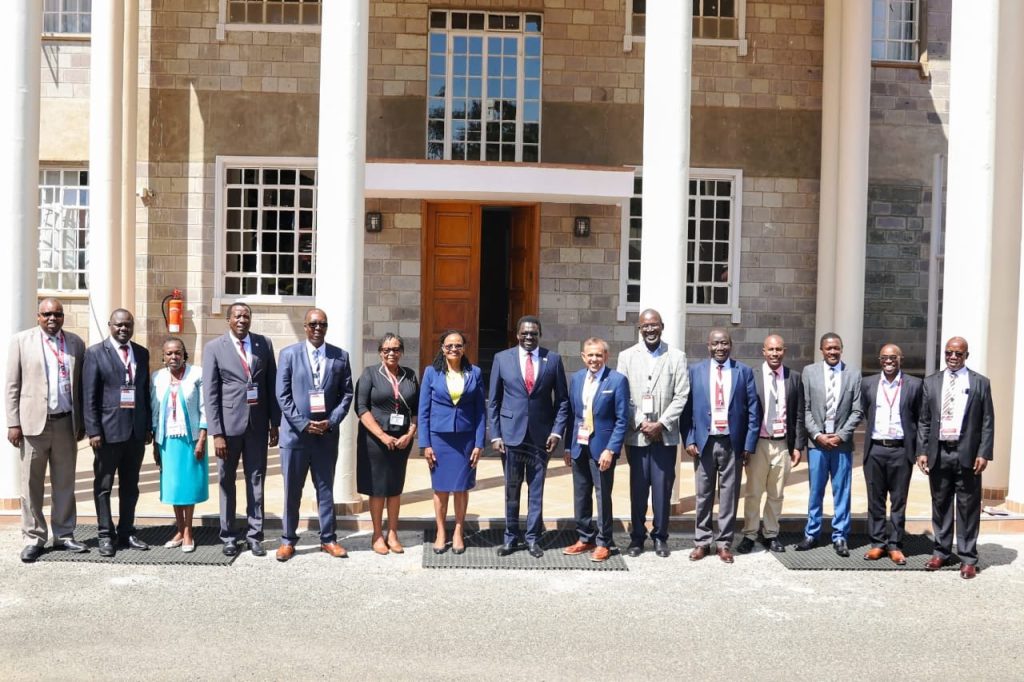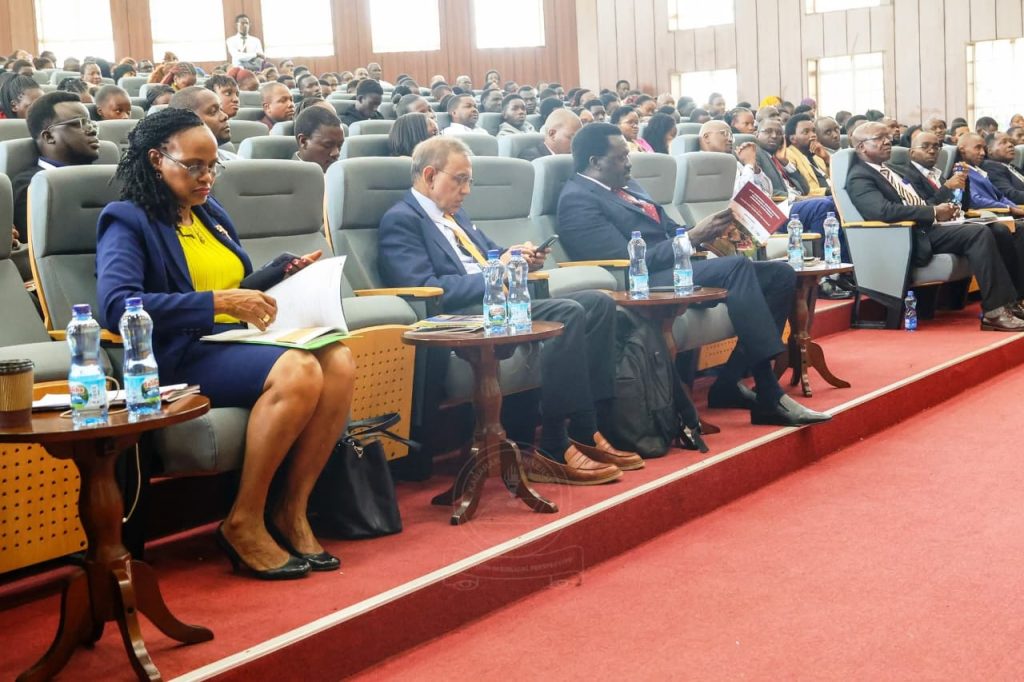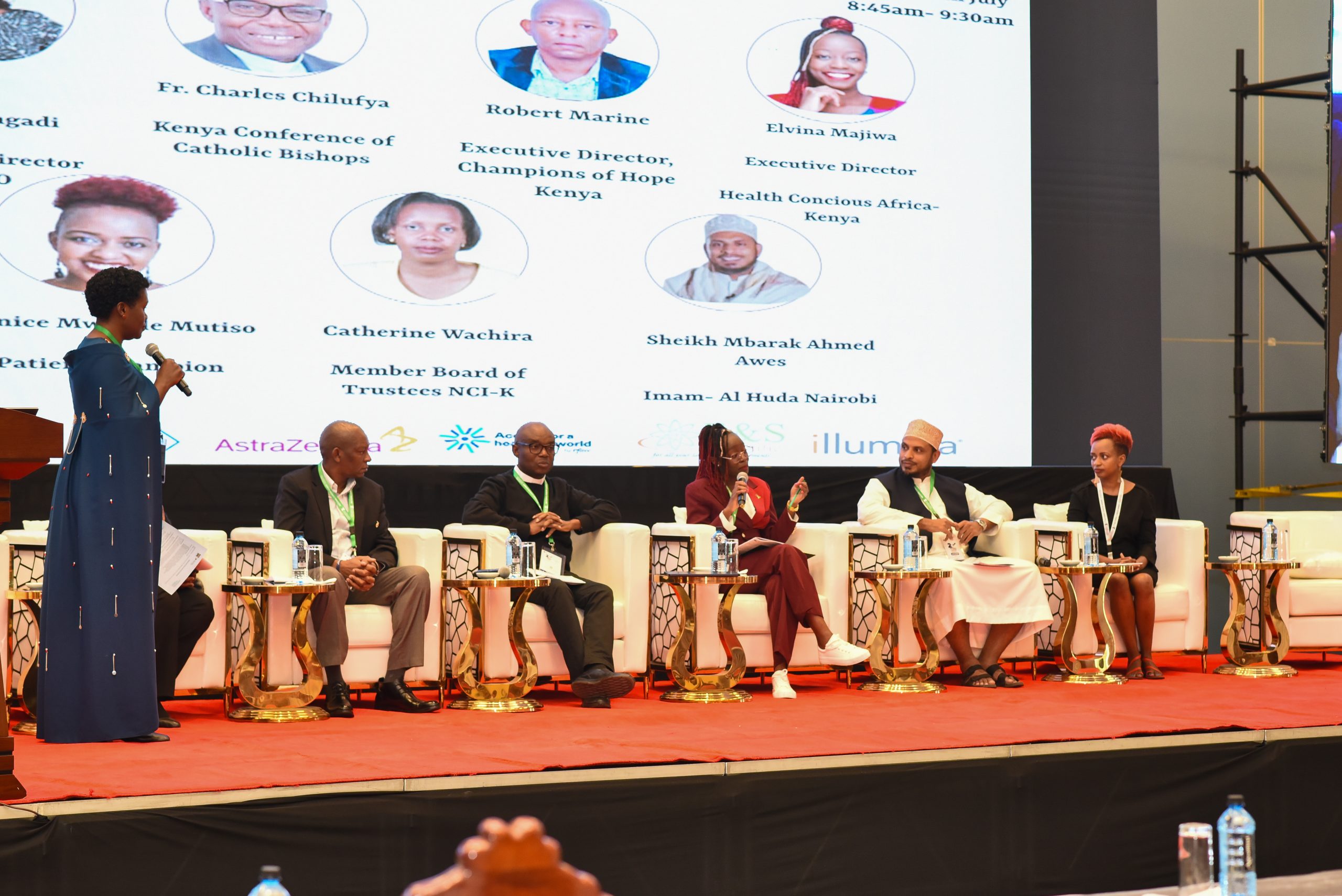The next stop in our nationwide campaign on education, awareness, and free cancer screening takes us to the Northern frontier of Kenya, Mandera County. The institute is leaving no stone unturned, ensuring no region is left behind in accessing information about cancer and benefiting from the free cancer services offered in partnerships with like-minded stakeholders and collaborators, thus ensuring health equity across the country.
NCI-K will ensure all the marginalized communities are not left behind in this fight against cancer; education and awareness are the key factors in these campaigns that ensure the debunking of pervasive myths and cultural misconceptions surrounding cancer.
To ensure this is achieved, the institute has partnered with Superlative Healthcare, a local health care facility that understands the local community better in offering free screening on breast, prostate and cervical cancers as we culminate towards the end of breast cancer awareness month, October, Superlative Healthcare will also ensure that our message packaging are consistent and are culturally sensitive to the local community, thus maximizing our impacts.
The institute is glad to report a positive reception of the local community towards our initiatives in prevention, with women leading on readiness to be screened. With the dedication of the NCI-K staff, guided by its top leadership, the Institute remains confident that these sustained efforts will contribute significantly to reducing cancer incidence in the country.
#BreastCancerAwarenessMonth #CancerAwareness #NCIKENYA



















